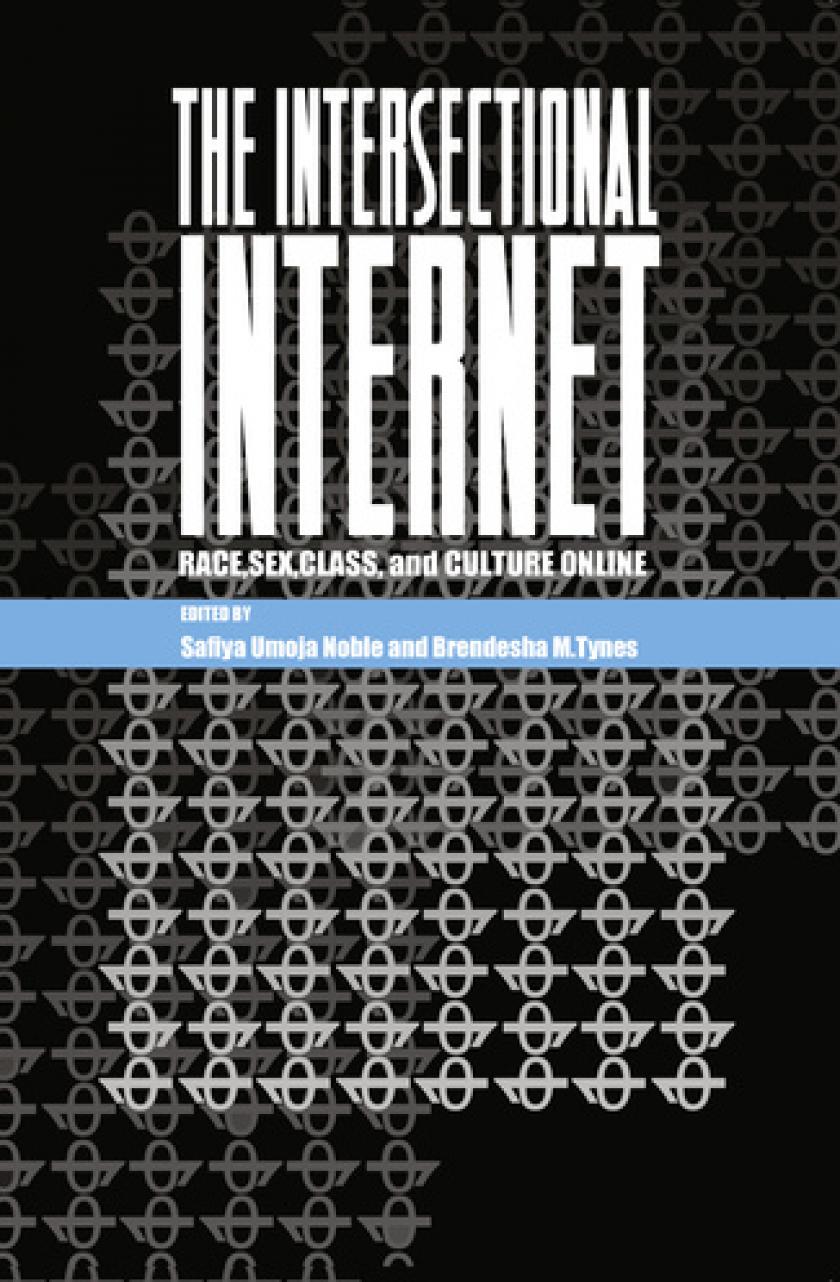
A new book edited by GSLIS alumna Safiya Noble (MS '09, PhD '12) explores the underlying social relationships and power structures of the internet and their implications. The Intersectional Internet: Race, Sex, Class, and Culture Online was published in March 2016 by Peter Lang International Academic Publishers. In addition to Noble, chapter contributors include GSLIS doctoral candidate Melissa Villa-Nicholas and alumni Sarah T. Roberts (PhD '14) and Miriam E. Sweeney (PhD '13).
From race, sex, class, and culture, the multidisciplinary field of Internet studies needs theoretical and methodological approaches that allow us to question the organization of social relations that are embedded in digital technologies, and that foster a clearer understanding of how power relations are organized through technologies.
Representing a scholarly dialogue among established and emerging critical media and information studies scholars, this volume provides a means of foregrounding new questions, methods, and theories which can be applied to digital media, platforms, and infrastructures. These inquiries include, among others, how representation to hardware, software, computer code, and infrastructures might be implicated in global economic, political, and social systems of control.
Contributors argue that more research needs to explicitly trace the types of uneven power relations that exist in technological spaces. By looking at both the broader political and economic context and the many digital technology acculturation processes as they are differentiated intersectionally, a clearer picture emerges of how under-acknowledging culturally situated and gendered information technologies are impacting the possibility of participation with (or purposeful abstinence from) the Internet.
This book is ideal for undergraduate and graduate courses in Internet studies, library and information studies, communication, sociology, and psychology. It is also ideal for researchers with varying expertise and will help to advance theoretical and methodological approaches to Internet research.